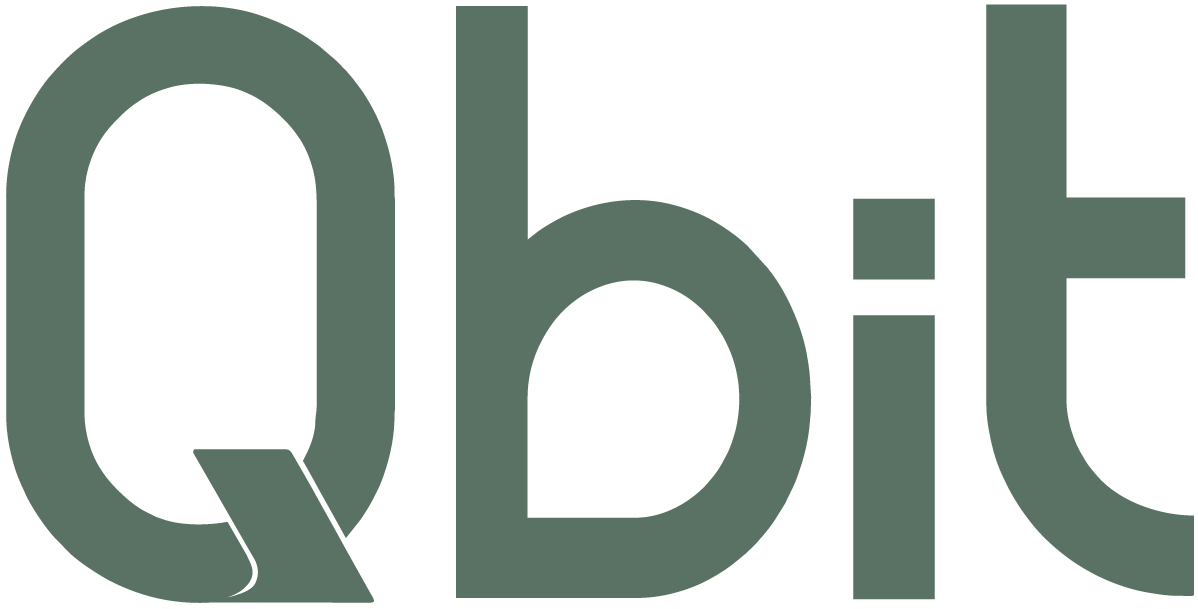Qbit Daily Health Nutritional Drink - All In One Super Greens Supplement
Qbit 360 Days Subscription Pack
Qbit Daily Health Drink - Trial Pack
- Featured
- Best selling
- Alphabetically, A-Z
- Alphabetically, Z-A
- Price, low to high
- Price, high to low
- Date, old to new
- Date, new to old
Minerals
Minerals: Essential Nutrients for a Healthy Body
When we think about nutrition, we often focus on vitamins, protein, or carbohydrates. But minerals are equally important for maintaining overall health. These naturally occurring elements play a vital role in building strong bones, producing hormones, and keeping the heart, muscles, and brain functioning properly. Since the body cannot produce minerals on its own, we must get them from food or supplements.
What Are Minerals?
Minerals are essential nutrients found in soil and water that plants absorb and animals consume. When we eat plant-based or animal-based foods, we receive these minerals in the right amounts to support key body functions.
They are divided into two main categories:
-
Macrominerals – Needed in larger amounts. Examples: calcium, magnesium, potassium, sodium, and phosphorus.
-
Trace minerals – Required in smaller amounts but still vital. Examples: iron, zinc, selenium, copper, and iodine.
Key Minerals and Their Functions
-
Calcium – Builds strong bones and teeth, supports nerve function, and helps with muscle contraction.
-
Magnesium – Supports energy production, nerve signaling, and muscle relaxation.
-
Potassium – Maintains fluid balance, helps control blood pressure, and supports heart function.
-
Sodium – Regulates fluid balance and nerve signaling (but too much can cause high blood pressure).
-
Phosphorus – Works with calcium for bone health and supports energy metabolism.
-
Iron – Essential for producing hemoglobin, which carries oxygen in the blood.
-
Zinc – Boosts immunity, helps wounds heal, and supports growth.
-
Selenium – Protects cells from oxidative stress and supports thyroid function.
-
Iodine – Required for healthy thyroid hormones, which regulate metabolism.
Natural Food Sources of Minerals
A balanced diet is the best way to get essential minerals. Some top food sources include:
-
Dairy products (milk, yogurt, cheese) – Rich in calcium and phosphorus.
-
Leafy greens (spinach, kale, broccoli) – Good sources of magnesium and potassium.
-
Nuts and seeds (almonds, sunflower seeds, chia seeds) – Contain magnesium, zinc, and selenium.
-
Whole grains (brown rice, oats, quinoa) – Provide iron, magnesium, and phosphorus.
-
Legumes (beans, lentils, chickpeas) – High in iron, potassium, and zinc.
-
Seafood (salmon, tuna, shellfish) – Rich in iodine, selenium, and zinc.
-
Fruits (bananas, oranges, avocados) – Great sources of potassium and magnesium.
Why Minerals Are Important
Without enough minerals, the body cannot perform essential functions. Mineral deficiencies can lead to:
-
Weak bones and risk of osteoporosis (calcium deficiency)
-
Fatigue and anemia (iron deficiency)
-
Weakened immunity (zinc deficiency)
-
Thyroid problems (iodine deficiency)
-
Muscle cramps and low energy (magnesium or potassium deficiency)
On the other hand, getting enough minerals helps maintain energy levels, supports healthy growth, and prevents chronic diseases.
Minerals are the building blocks of good health, supporting everything from strong bones to a healthy heart. By including a wide variety of fruits, vegetables, whole grains, dairy, nuts, and seafood in your daily diet, you can ensure your body gets the essential minerals it needs. When food alone isn’t enough, supplements can help fill the gap—but it’s always best to consult a healthcare professional before starting them.












